Sometimes the questions are complicated and the answers are simple
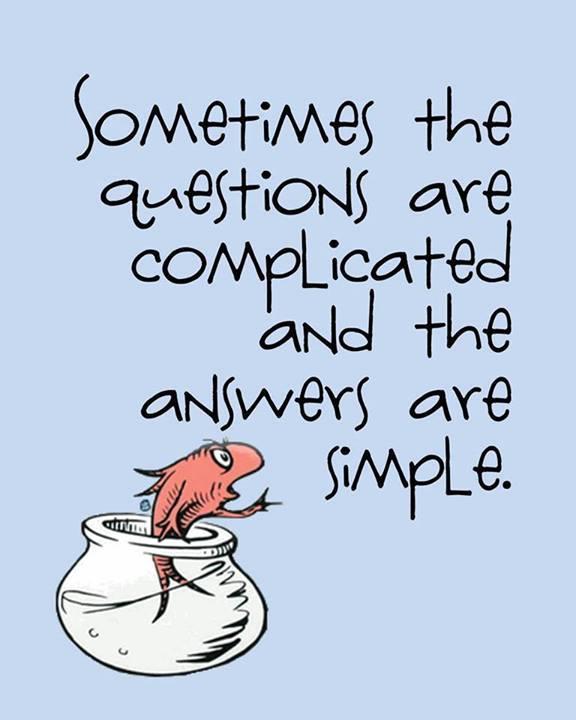
Sometimes the questions are complicated and the answers are simple
Dr. Seuss, the beloved children's author known for his whimsical rhymes and fantastical illustrations, often had a way of simplifying complex ideas and making them accessible to young readers. One of his most famous quotes, "Sometimes the questions are complicated and the answers are simple," perfectly encapsulates his unique approach to storytelling.In many of his books, Dr. Seuss tackles big, important themes such as environmental conservation, social justice, and the power of imagination. Through his colorful characters and playful language, he encourages readers to think critically about the world around them and to consider the impact of their actions. Despite the weighty topics he addresses, Dr. Seuss always manages to distill them down to their essence, offering straightforward solutions that even the youngest readers can understand.
For example, in "The Lorax," Dr. Seuss tells the story of a small, orange creature who speaks for the trees and fights against the destruction of the environment. Through the Lorax's interactions with the greedy Once-ler, Dr. Seuss explores the consequences of unchecked consumerism and the importance of taking care of the planet. Despite the complexity of these issues, the message of the story is clear: we all have a responsibility to protect the environment and preserve it for future generations.
Similarly, in "Horton Hears a Who," Dr. Seuss addresses themes of tolerance and acceptance through the story of an elephant who discovers a tiny community living on a speck of dust. Despite facing ridicule and disbelief from his fellow animals, Horton remains steadfast in his belief that "a person's a person, no matter how small." Through Horton's unwavering dedication to protecting the Whos, Dr. Seuss teaches readers the importance of standing up for what is right, even in the face of adversity.
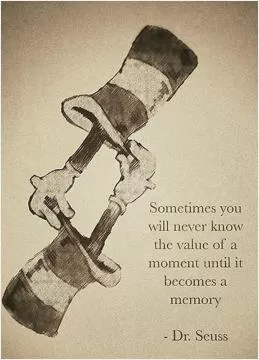
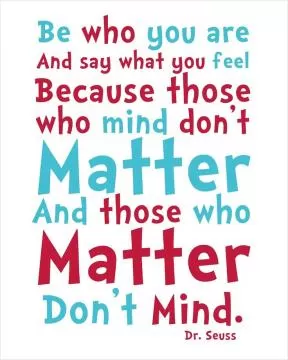
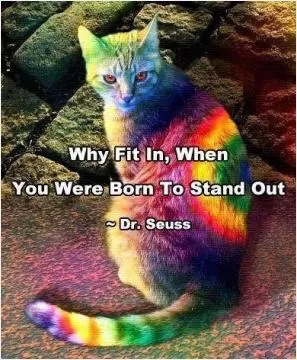


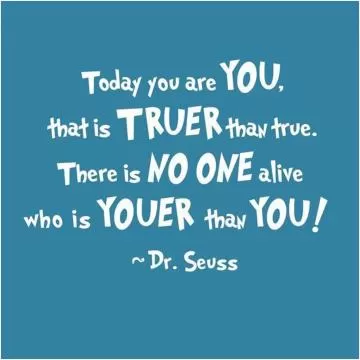






 Friendship Quotes
Friendship Quotes Love Quotes
Love Quotes Life Quotes
Life Quotes Funny Quotes
Funny Quotes Motivational Quotes
Motivational Quotes Inspirational Quotes
Inspirational Quotes